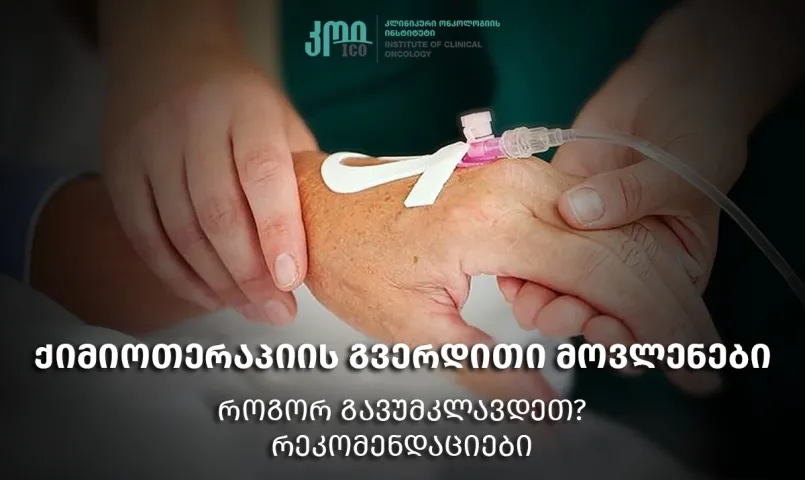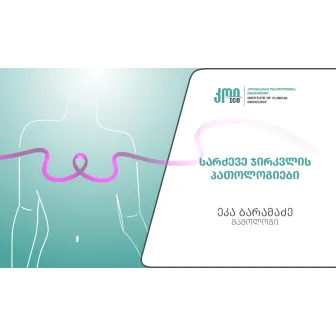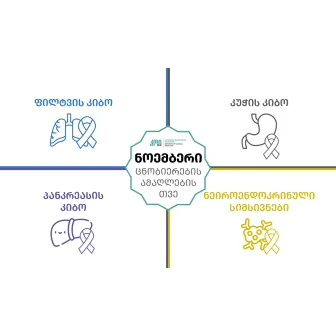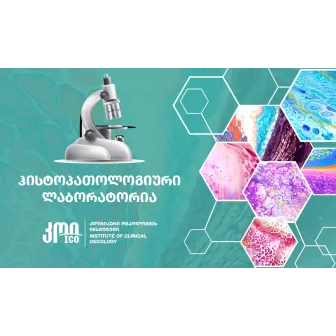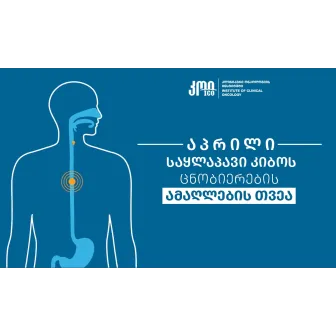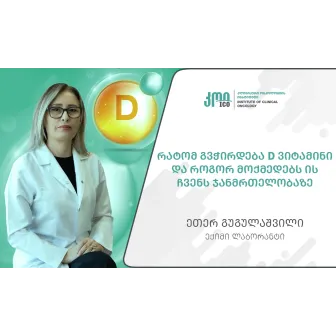Despite its effectiveness, cancer treatment is often associated with side effects. These side effects can affect the patient's daily life, but with proper management and consideration of recommendations, they can be minimized, and symptoms can be alleviated.
The reason of various side effects of chemotherapy is that these drugs affect all rapidly dividing cells. The most common and major side effects include:
Weakness and fatigue: Chemotherapy often causes a lack of energy and fatigue. Patients are often unable to engage in normal daily activities.
Hair loss: Is one of the most common side effects of chemotherapy but as a rule, this effect is temporary, and hair grows back after treatment ends.
Nausea and Vomiting: Chemotherapy often causes nausea, vomiting, and general gastrointestinal problems.
Gastrointestinal problems: can cause loss of apetite, abdominal pain, diarrhea, or constipation.
Anemia: Chemotherapy can cause a reduction of red blood cells, leading to anemia (when the level of hemoglobin in the blood is low). In this case, patients may experience weakness, fatigue, shortness of breath, and sometimes dizziness.
Leukopenia, neutropenia (low white blood cell count): Chemotherapy often lowers the number of white blood cells (leukocytes), which increases the risk of infection. This makes it harder for the body to fight infections.
Thrombocytopenia: Chemotherapy can also lower the number of platelets. When their number is low, the risk of bleeding increases (e.g., from the nose, gums, or post-trauma).
Nervous system damage (numbness in the hands and feet): Some chemotherapy drugs can damage the nervous system, which can cause numbness or pain in the hands and feet.
Taste changes: Chemotherapy can cause a metallic or sour taste in the mouth.
Skin and mucous membrane problems: Chemotherapy can cause dry or itchy skin. It can also damage the mouth mucous membrane.
These temporary effects can be managed by using the additional medications prescribed by your doctor. After the therapy ends, these symptoms will gradually disappear. It is important to communicate with your doctor throughout the treatment process so that all side effects are optimally managed.
- Views:1609




